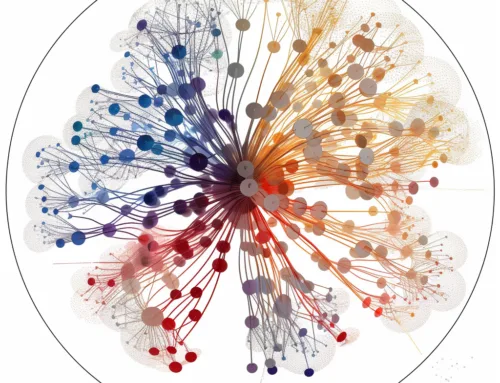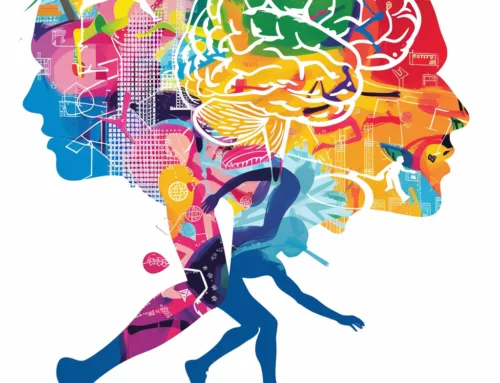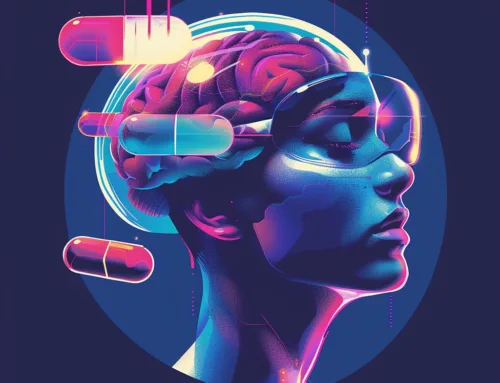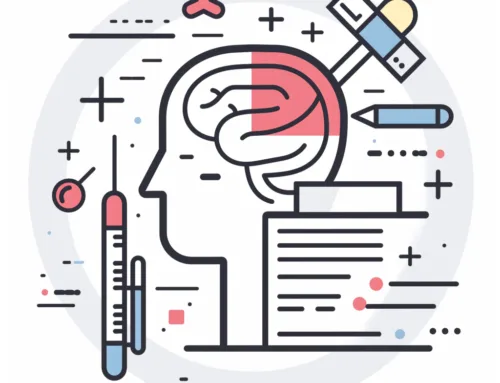Transcranial magnetic stimulation (TMS) has emerged as a promising treatment for the neuropsychiatric symptoms associated with long COVID, a condition characterized by persistent health issues following a COVID-19 infection. So can TMS assist with long COVID? A recent open-label pilot study conducted in Japan has shed light on the potential of TMS to improve cognitive function and alleviate symptoms of depression in patients suffering from long COVID, although its impact on chronic fatigue remains less clear.
Long COVID, also referred to as post-COVID-19 condition, presents a broad spectrum of health problems that continue for weeks, months, or even longer after recovering from the initial virus infection. Among these, neuropsychiatric symptoms such as depression, cognitive impairment, and fatigue are particularly debilitating, affecting patients’ quality of life and ability to perform daily activities.
The study in question was part of a larger TMS consortium research project aimed at understanding the treatment mechanisms of TMS and identifying predictors of therapeutic response. This initiative includes the development of a centralized registry database for TMS treatment in patients with refractory psychiatric disorders in Japan, utilizing collected epidemiological, clinical, and biological data to facilitate exploratory observational studies.
In this pilot study, 23 participants aged 20 to 70 years, all of whom had confirmed COVID-19 infections and were experiencing neuropsychiatric symptoms, underwent TMS treatment. The treatment protocol involved intermittent theta-burst stimulation (iTBS) targeting the left dorsolateral prefrontal cortex (DLPFC), coupled with low-frequency rTMS to the right lateral orbitofrontal cortex (LOFC). This approach was inspired by a protocol for refractory depression and was administered three times weekly for a total of 20 sessions.
The choice of the left DLPFC as a target is grounded in its common use in TMS treatments for depression, with iTBS known to facilitate activity in this region, potentially enhancing neural rhythms and neuroplasticity, which in turn could improve cognitive functions such as executive dysfunction. This is particularly relevant for long COVID patients who often report ‘brain fog’ among their cognitive symptoms.
Results from the study were encouraging, showing significant improvement in depression scores (as measured by the Montgomery-Asberg Depression Rating Scale and the Patient Health Questionnaire-9) and cognitive function (as assessed by the Perceived Deficits Questionnaire-Depression 5 item). Remarkably, about 65% of participants experienced a 50% or greater improvement in their baseline depression scores, with around 70% achieving remission levels post-treatment. However, while there was some improvement in measures of fatigue, the change was not as pronounced, and the relief from fatigue symptoms appeared to be temporary for many patients.
These findings suggest that TMS could be a viable treatment option for the neuropsychiatric symptoms of long COVID, particularly for those suffering from depression and cognitive impairments. However, the study’s authors, including lead researcher Yoshihiro Noda, MD, PhD, MBA, emphasize the need for further research, including larger-scale clinical studies with randomized controlled designs and sham stimulation, to fully understand the efficacy and mechanisms of TMS in this context.
Given the lack of established treatments for long COVID and the significant burden it places on patients and healthcare systems, the potential of TMS therapy offers a glimmer of hope. It’s worth noting, though, that TMS therapy requires specialized equipment and expertise, and its appropriateness for individual patients should be carefully evaluated by TMS specialists.
As the medical community continues to grapple with the challenges posed by long COVID, the ongoing research into TMS and other innovative treatments is crucial. By expanding our understanding and refining our treatment approaches, we can offer better support to those still struggling with the lingering effects of COVID-19, improving their quality of life and facilitating their full recovery.
Source: https://www.psychiatrictimes.com/view/lifting-the-brain-fog-of-long-covid-with-tms
Contact us today for a free consultation
Phone: 949-776-5103 or
Email: [email protected]









